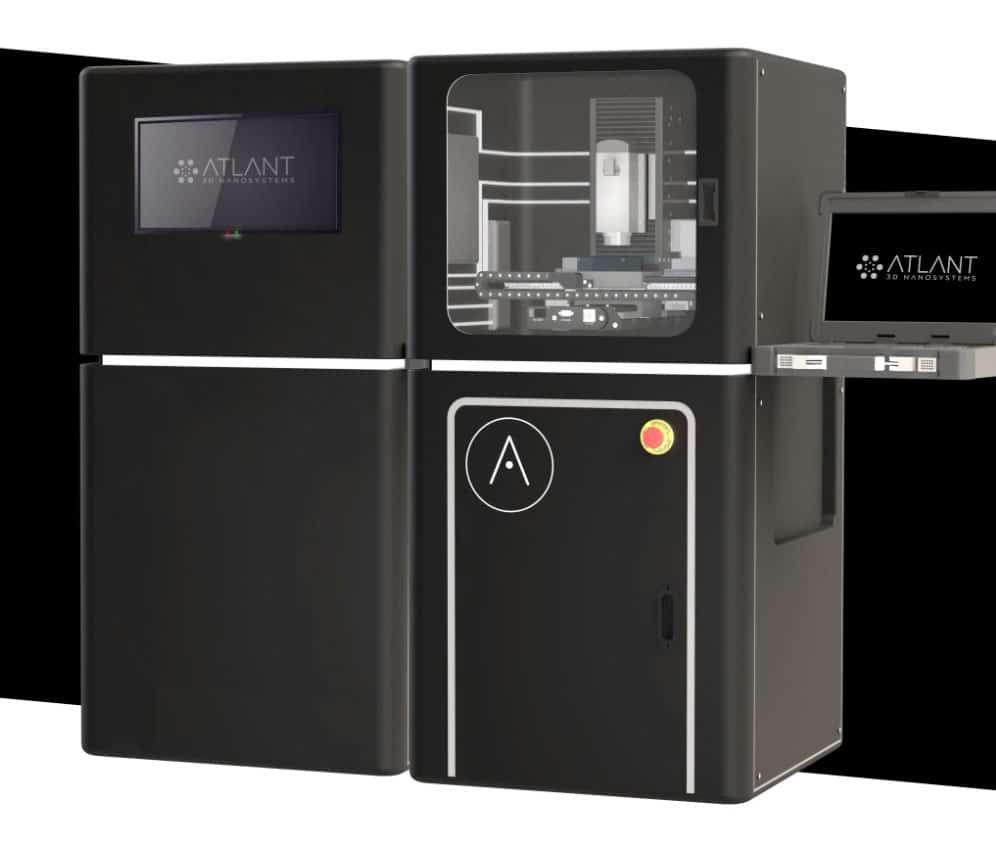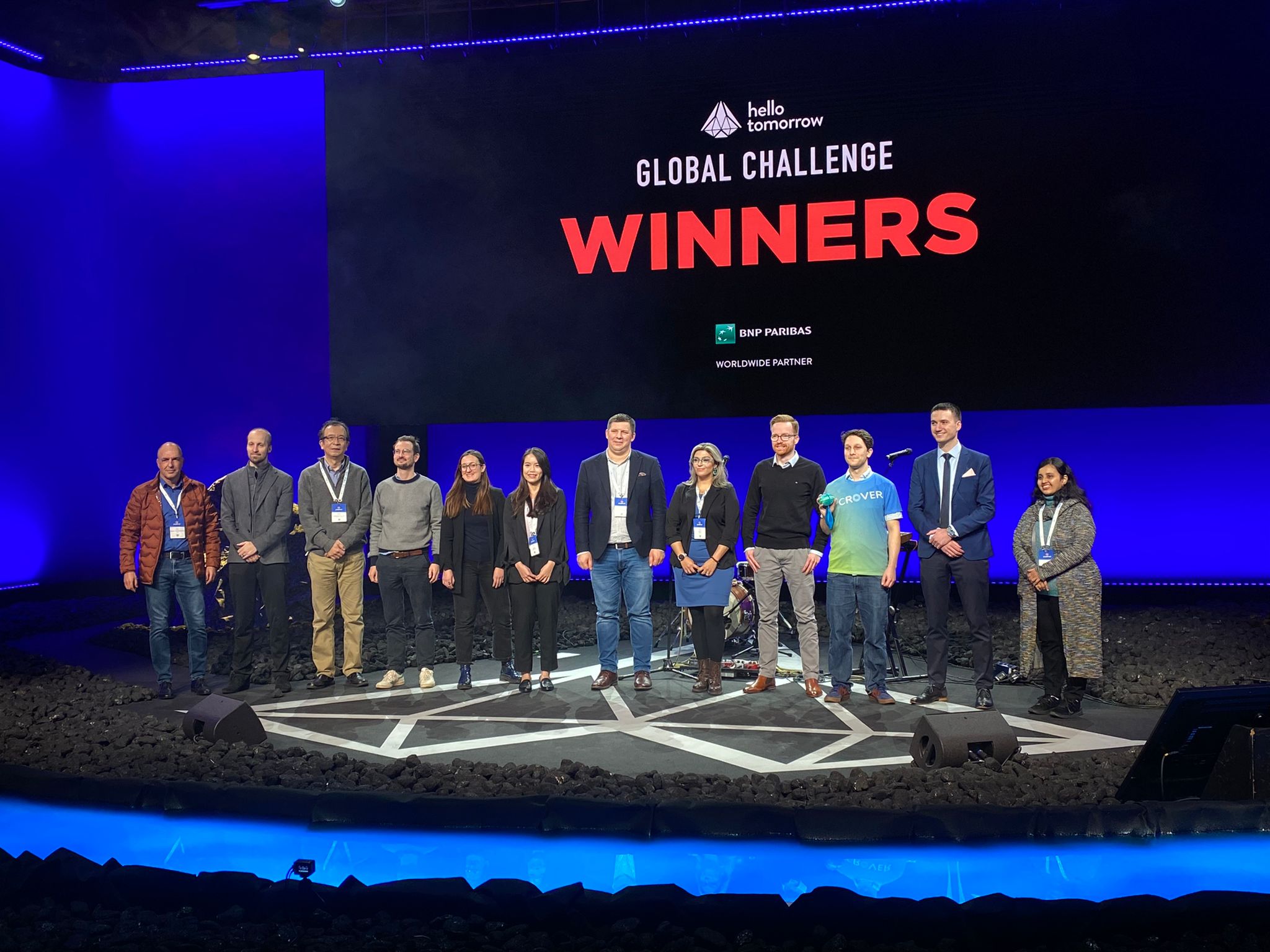As the Global Summit came to a close, Hello Tomorrow announced the winning startups of the 7th edition of their Global Challenge: ATLANT 3D Nanosystems was awarded the 2021 Grand Prize for its μSADALP atomic layer 3D printing technology.
This year’s edition has revealed varied and promising innovations, particularly in the energy and healthcare sectors. In the current context, technological breakthroughs such as synthetic biology, carbon sequestration and quantum physics are demonstrating their fundamental role in resolving the climate and health crises. Challenging criteria and a jury composed of scientists, entrepreneurs, investors, and industry leaders, has led to the selection of 12 projects with a strong sustainable impact, chosen among the 76 startup finalists.
“2021 is a special year for Hello Tomorrow: our 10 year anniversary,” said Arnaud de la Tour, Co-Founder & CEO Hello Tomorrow, “the next decade must be defined by systemic change, with science and disruptive technologies at its core. Our mission for this next decade is therefore to shape and accelerate this wave of innovation, this is the role of the Global Challenge. It is against this backdrop of the climate emergency, the pandemic and COP 26 that our network of thousands of startups are presenting disruptive solutions to the world’s biggest challenges.”

Manufacturing on Demand
The technology developed by ATLANT 3D involves the sequential deposition of gasses for atomically precise patterning of various materials (up to 450 different commercially available materials are possible). So far it has been tested with TiO2 (titanium oxide), Pt (platinum), ZnO (zirconia), SiO2 (silicate), which are some of the most complex and high-performance used in 3D printing today.
μSADALP technology also promises to implement rapid atomic layer prototyping and manufacturing, with highly selective atomic layer patterning to achieve excellent 2D/3D conformal deposition on simple and complex surfaces. It could also combine multiple materials with excellent compatibility and achieve excellent pattern adhesion to almost any surface.
By printing conformally different materials, μSADALP technology allows the creation of high-quality multi-stack patterns and layers for complex devices with a print resolution of 400 µm line width (25 µm in development) and atomic monolayer (0.2 nm) of vertical resolution (!). It also allows unprecedented selective patterning on flat, corrugated and porous surfaces, with surface roughness up to 20 μm, microfluidic channels and optical gratings, and nanostructure surfaces (nanopillar, nanograss etc.). Substrate materials can be adapted based upon customer requirements.
Last June, the ATLANT 3D Nanofabricator 0G, the first-ever selective area direct-write atomic layer zero gravity R&D unit, was purchased by NASA. The American space agency will use ATLANT 3D system for micro and zero gravity experimental selective area thin films deposition for advanced applications. Based on Nanofabricator 0G, ATLANT 3D has also developed a new product – Nanofabricator Lite (TM), for on-demand electronic materials development and micro and nanodevice prototyping, to support researchers and innovators with rapid materials and device development.
Among the other winning startups (not related to 3D printing but still interesting), Oxyle took second prize, with a technology that eliminates highly persistent, organic pollutants from industrial and municipal wastewaters. Lypid took third prize for developing a vegan fat that can be tuned to precise textures and melting points, mimicking animal fat.
* This article is reprinted from 3D Printing Media Network. If you are involved in infringement, please contact us to delete it.
Author: Davide Sher


Leave A Comment